SDG Index
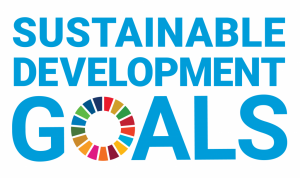
In 2015, the United Nations (UN) adopted 17 Sustainable Development Goals (SDGs) to eradicate poverty, protect the planet, and ensure prosperity for all as part of a new sustainable development agenda. Each goal has specific targets to be achieved in the next 15 years. To achieve the goals, everyone must do their part: governments, the private sector, civil society.
The Orabank Group’s CSR Strategic Roadmap contributes fully to achieving the SDGs. It covers both issues related to poverty reduction and inequality, while ensuring socio-economic development in Africa, through multiparty agreements for green growth.
SDG
Fact
Targets
ORABANK commits
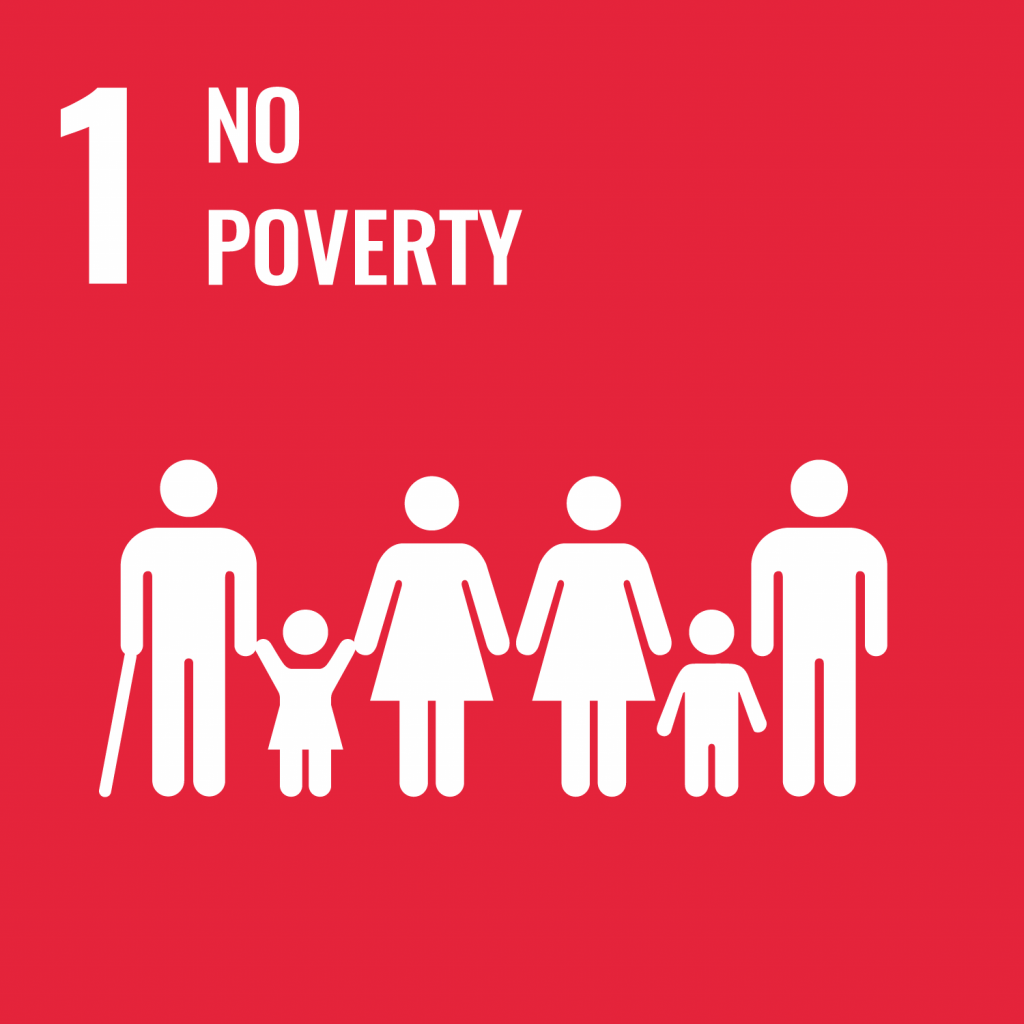
Globally, 836 million people still live in extreme poverty on less than $1.25 a day. More than 80% are in two regions: South Asia and sub-Saharan Africa.
Target 1.4
By 2030, ensure that all men and women, especially the poor and vulnerable, have equal rights to economic resources and have access to financial services tailored to their needs, including microfinance.
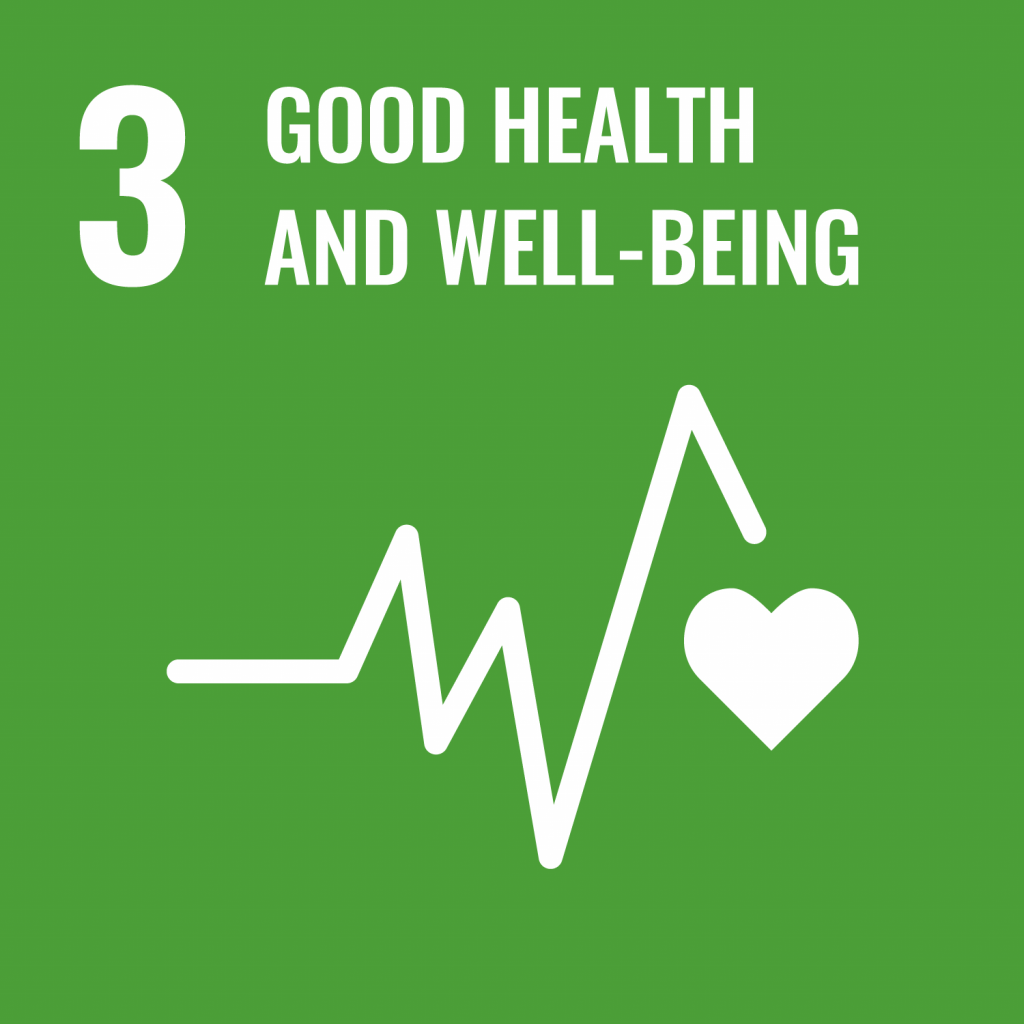
Today, the world is in the throes of an unprecedented global health crisis — VID-19 is causing great suffering, destabilizing the global economy and disrupting the lives of billions of people around the world. More efforts are needed to eradicate a wide range of diseases and to address many health issues and to reduce disparities in the capacities of countries in Africa.
Target 3.3
By 2030, end the AIDS epidemic, tuberculosis, malaria and neglected tropical diseases and fight hepatitis, water-borne diseases and other communicable diseases.
Target 3.4
By 2030 reduce by one-third pre-mature mortality from non-communicable diseases (NCDs) through prevention and treatment, and promote mental health and wellbeing.
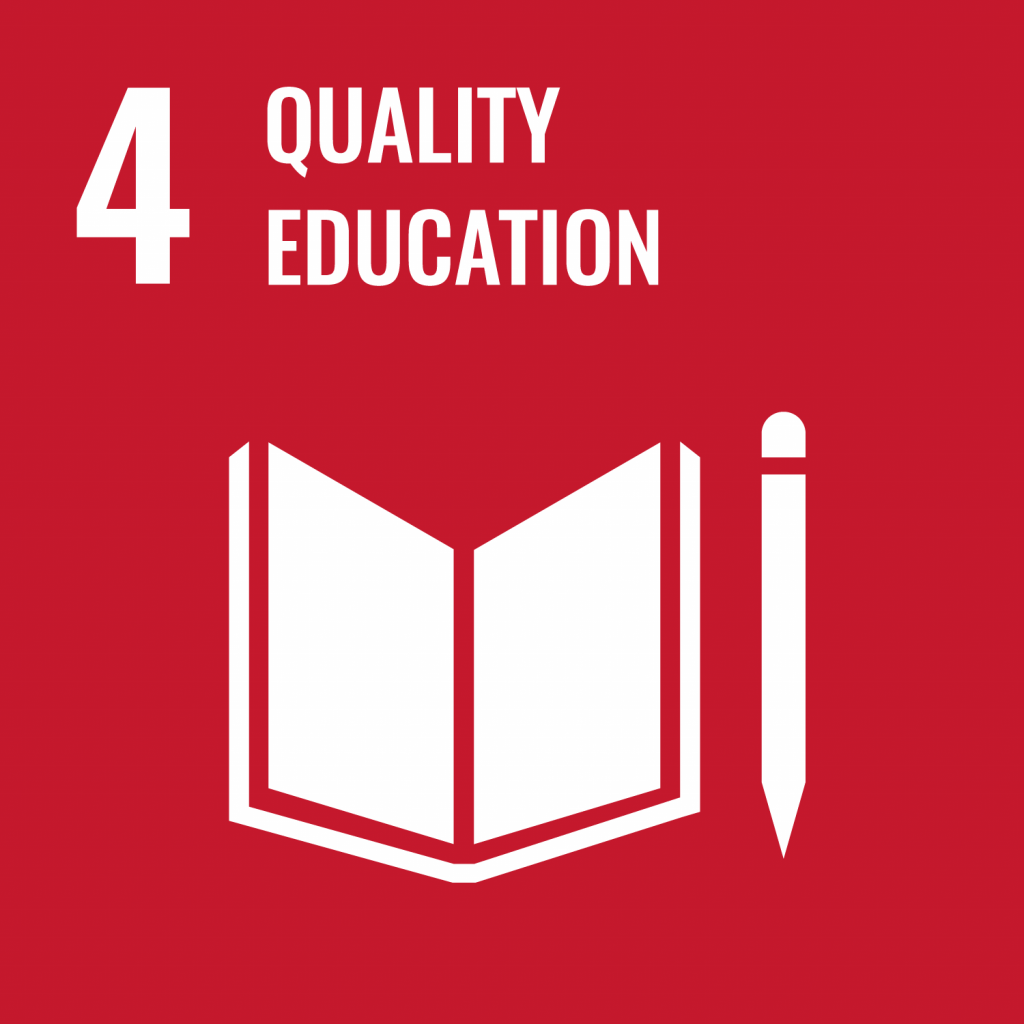
Education promotes socio-economic mobility and is a way to escape poverty.
Target 4.3
By 2030 ensure equal access for all women and men to affordable quality technical, vocational and tertiary education, including university.
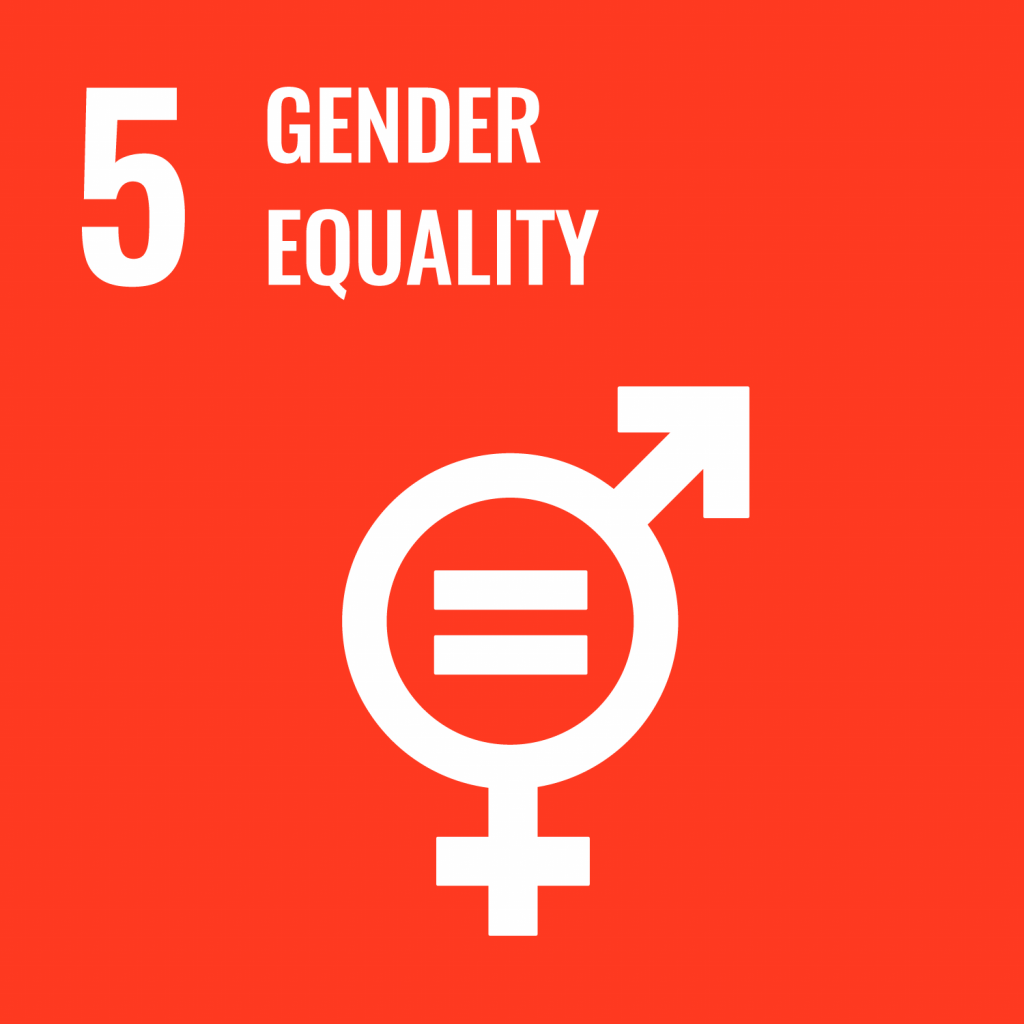
Empowering women and promoting gender equality is key to accelerating sustainable development. Women account for 41% of paid non-agricultural workers. Giving women the right to the same economic resources is a key target.
Target 5.1
End all forms of discrimination against all women and girls everywhere.
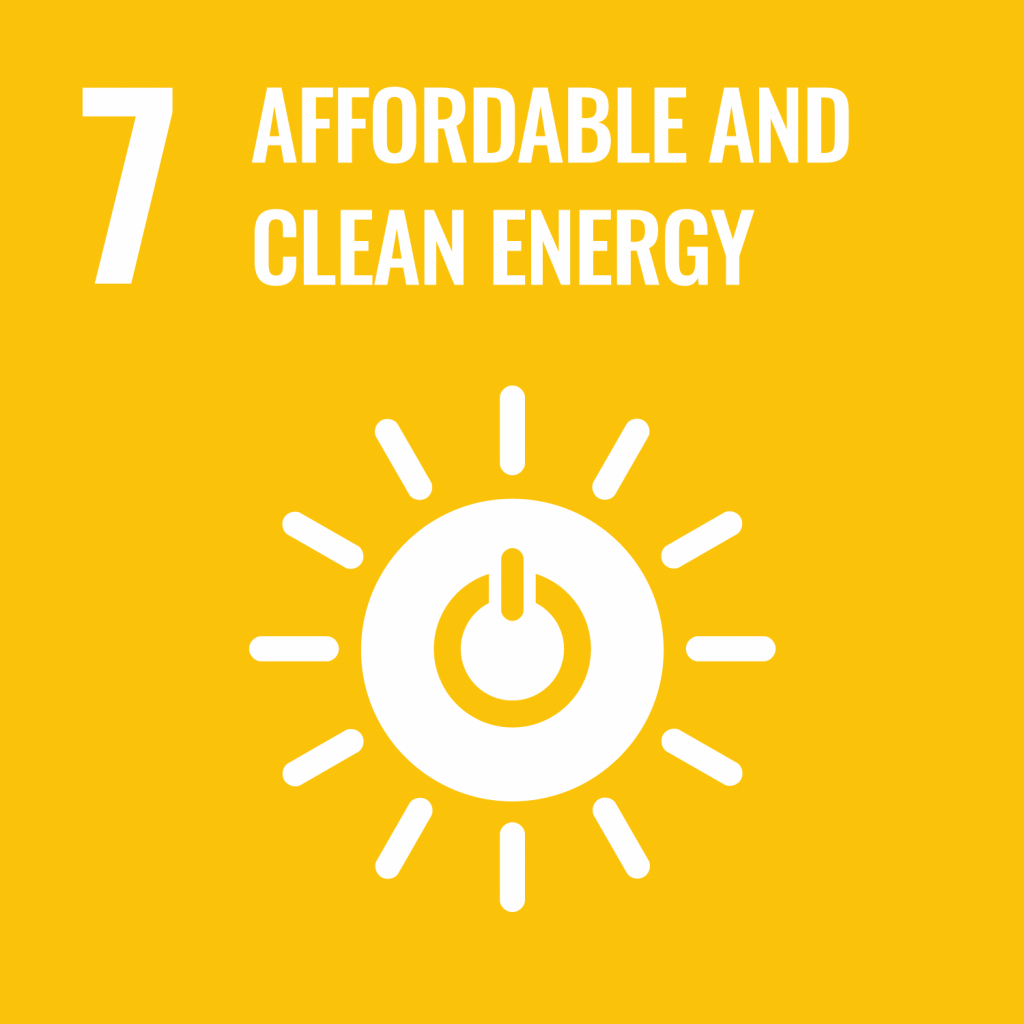
Developing infrastructure and improving technologies to supply clean energy (photovoltaic, wind and geothermal) to all developing countries is a key objective, enabling growth to be sustained while acting positively on the environment.
Target 7.a.1
International financial flows to developing countries in support of research and development in the field of clean energy and renewable energy production, including through hybrid systems.
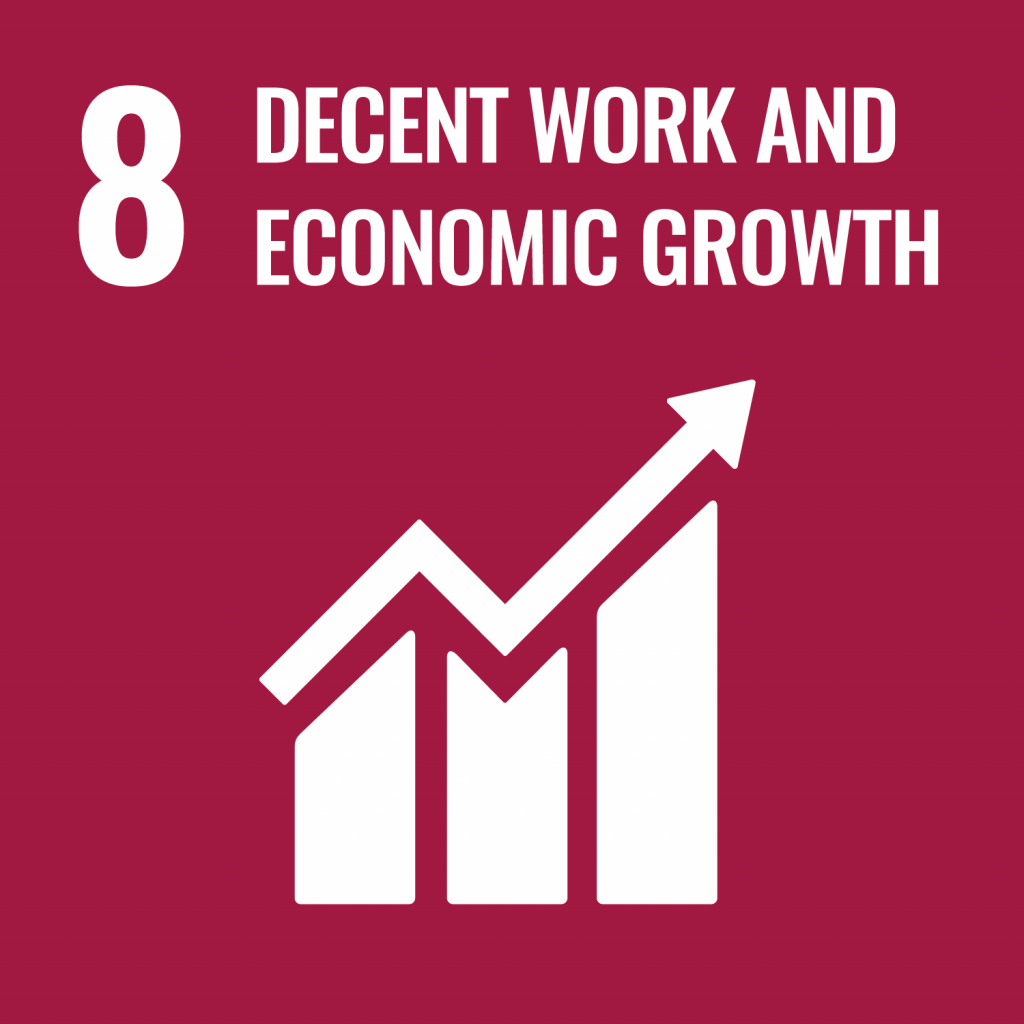
A total of 470 million jobs will be needed worldwide for newcomers to the labor market between 2016 and 2030.
Target 8.3
Promote development-oriented policies that promote productive activities, the creation of decent jobs, entrepreneurship, creativity and innovation and stimulate the growth of micro- and small- and medium-sized enterprises and facilitate their integration into the formal sector, including through access to financial services
Target 8.5
By 2030 achieve full and productive employment and decent work for all women and men, including for young people and persons with disabilities, and equal pay for work of equal value.
Target 8.8
Protect labour rights and promote safe and secure working environments for all workers, including migrant workers, in particular women migrants, and those in precarious employment.
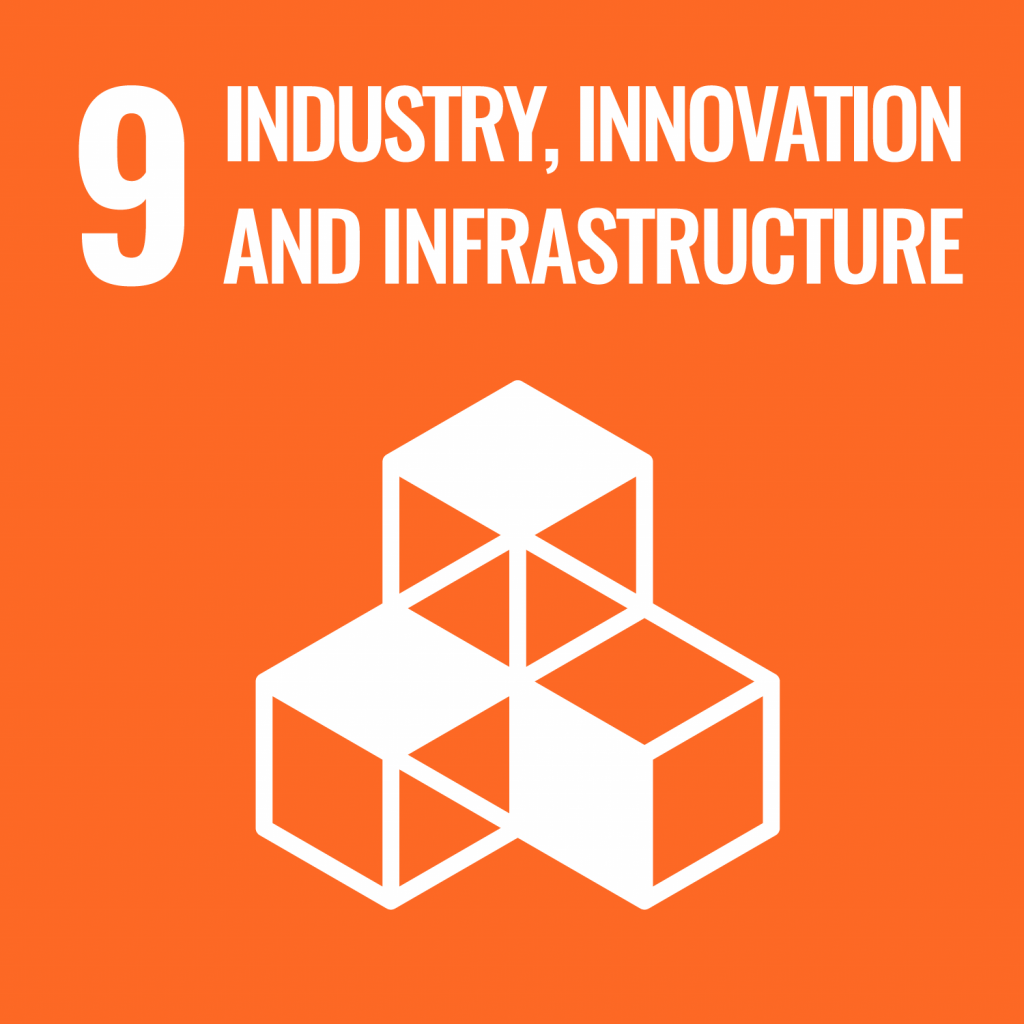
For many African countries, especially for low-income countries, existing infrastructure constraints affect business productivity by nearly 40%.
Target 9.3
Increase, especially in developing countries, access to and integration of financial services, including affordable loans, for enterprises, especially small industrial enterprises, into value chains and markets.
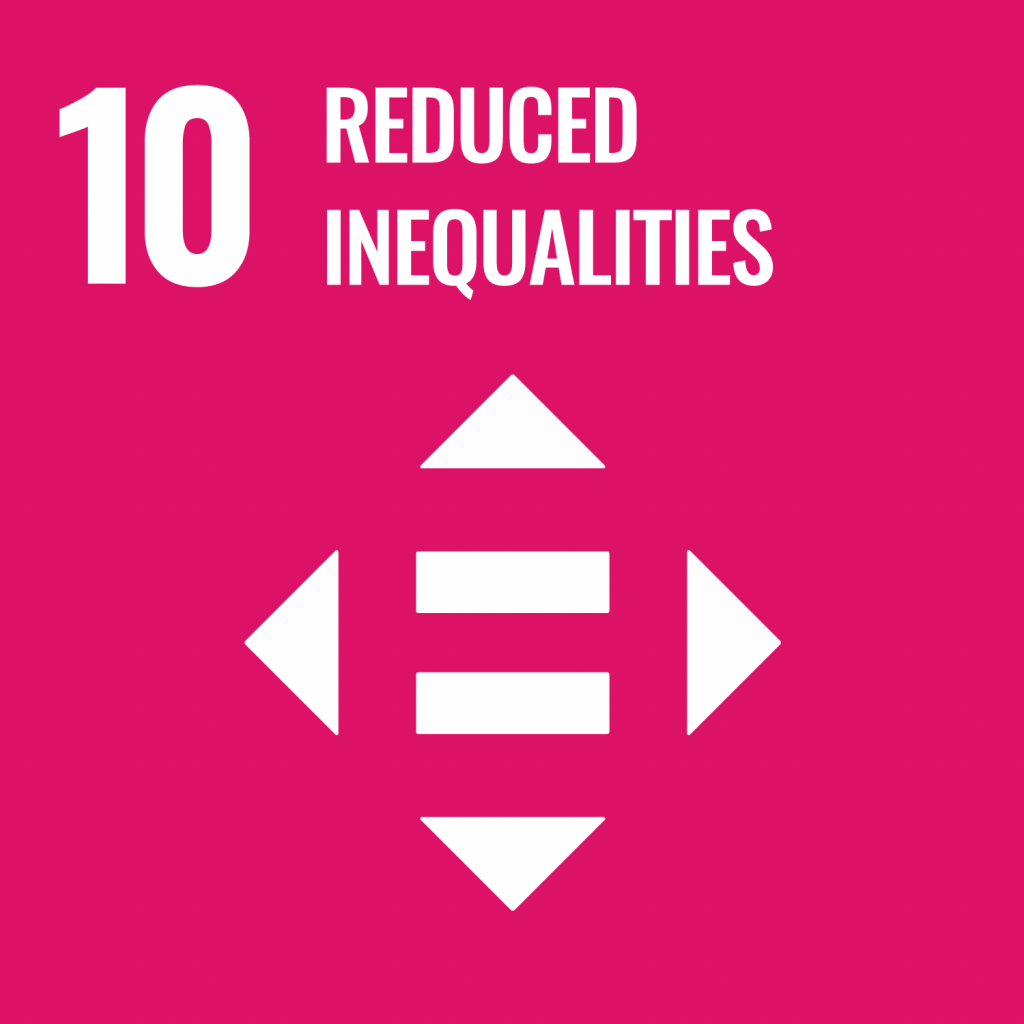
Income inequality increased by 11% in developing countries between 1990 and 2010. More than 75% of the population now live in societies where incomes are distributed more unevenly than in the 1990s.
Target 10.4
Adopt policies especially fiscal, wage, and social protection policies and progressively achieve greater equality.
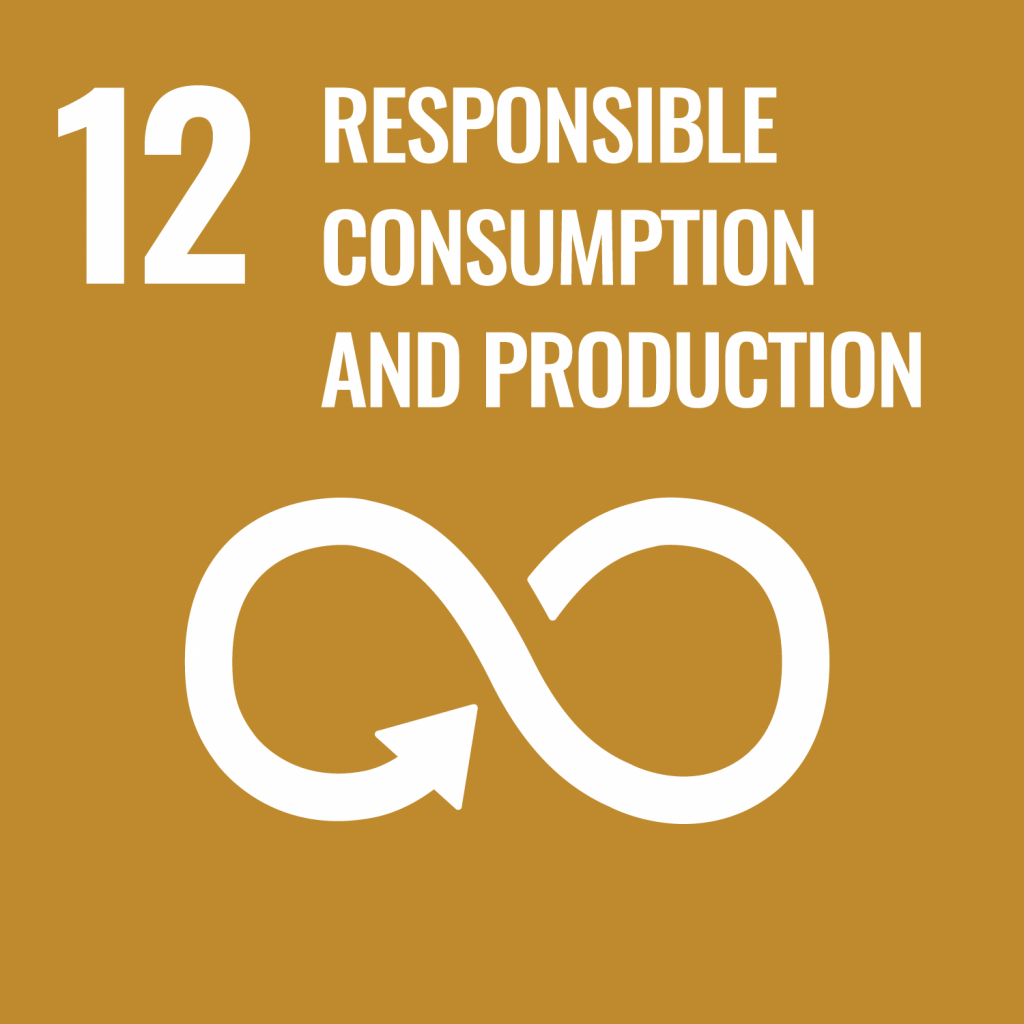
Income inequality increased by 11% in developing countries between 1990 and 2010. More than 75% of the population now live in societies where incomes are distributed more unevenly than in the 1990s.
Target 12.6
To encourage enterprises, in particular large enterprises and transnational corporations, to adopt sustainable practices and to include information on sustainability in their reports.
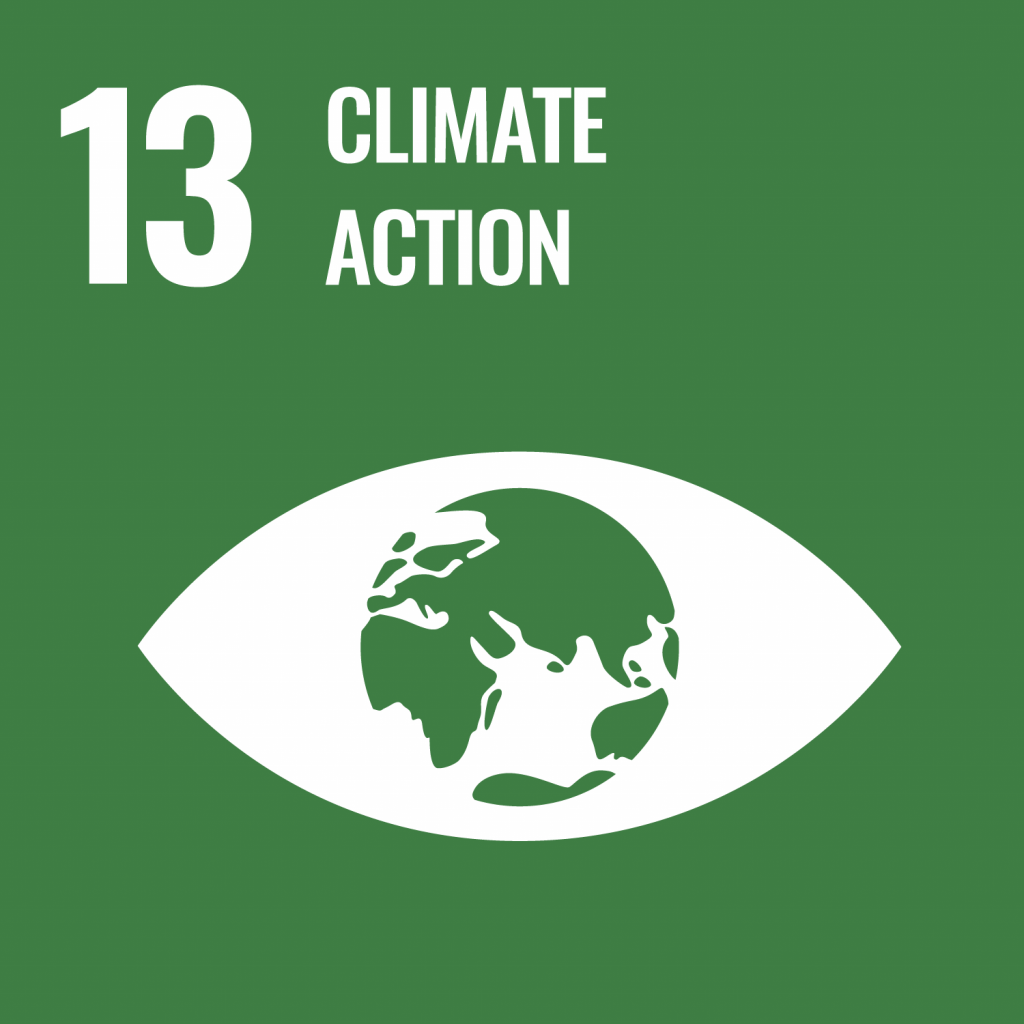
By the end of the century, the increase in global temperature would exceed 1.5°C over the period 1850-1900. The average sea level is expected to increase by 24-30 cm by 2065 and by 40-63 cm by 2100.
Target 13.1
Strengthen resilience and resilience in all countries in response to climate hazards and climate-related natural disasters
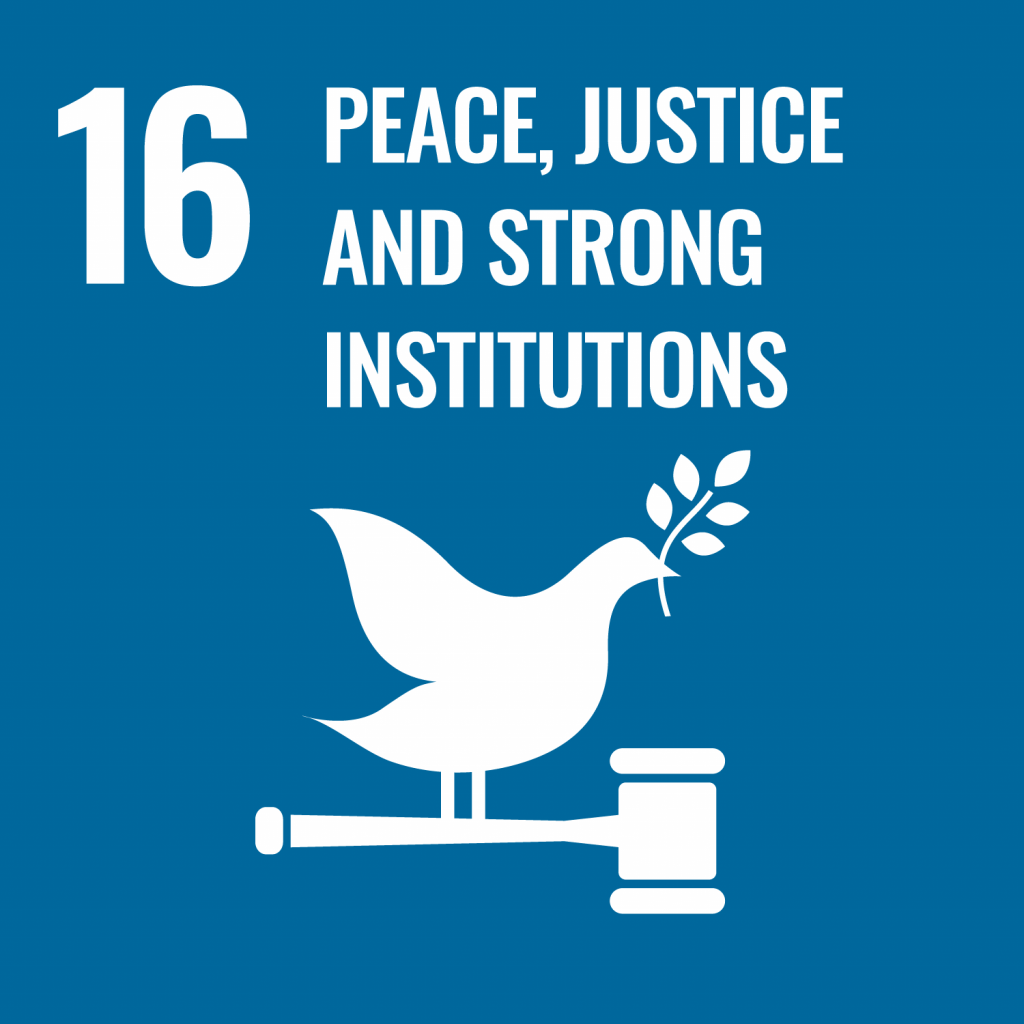
Corruption, fraud, theft and tax evasion cost developing countries about $1.26 trillion a year, and that money could be used to help those who live on less than $1.25 a day for at least six years.
Target 16.4
By 2030, to reduce significantly illicit financial flows and arms trafficking, to strengthen recovery and restitution activities for stolen property and to combat all forms of organized crime
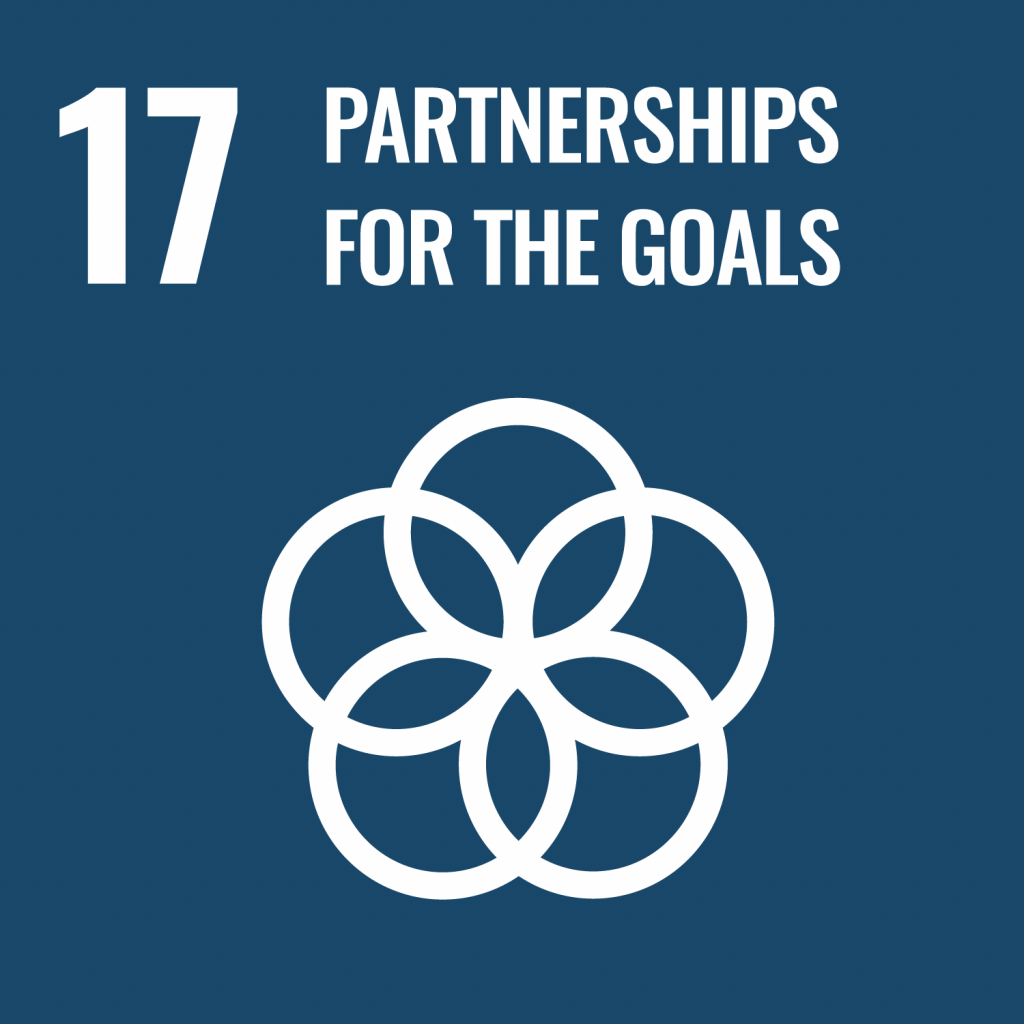
Inclusive partnerships are needed for a successful sustainable development agenda. These partnerships, built on principles and values, a common vision and common goals that place people and the planet at the center, are needed at the global, regional, national and local levels.
Target 17.6
Strengthen the Global Partnership for Sustainable Development, combined with multi-stakeholder partnerships to mobilize and share knowledge, expertise, technology and financial resources, to support all countries, in particular developing countries, in achieving the sustainable development goals
